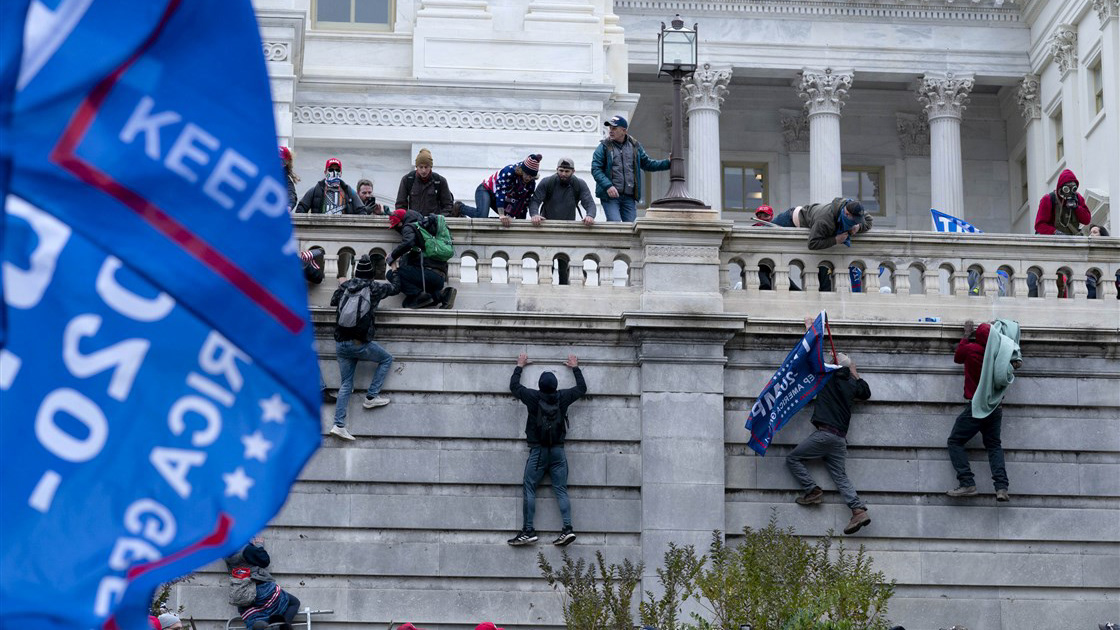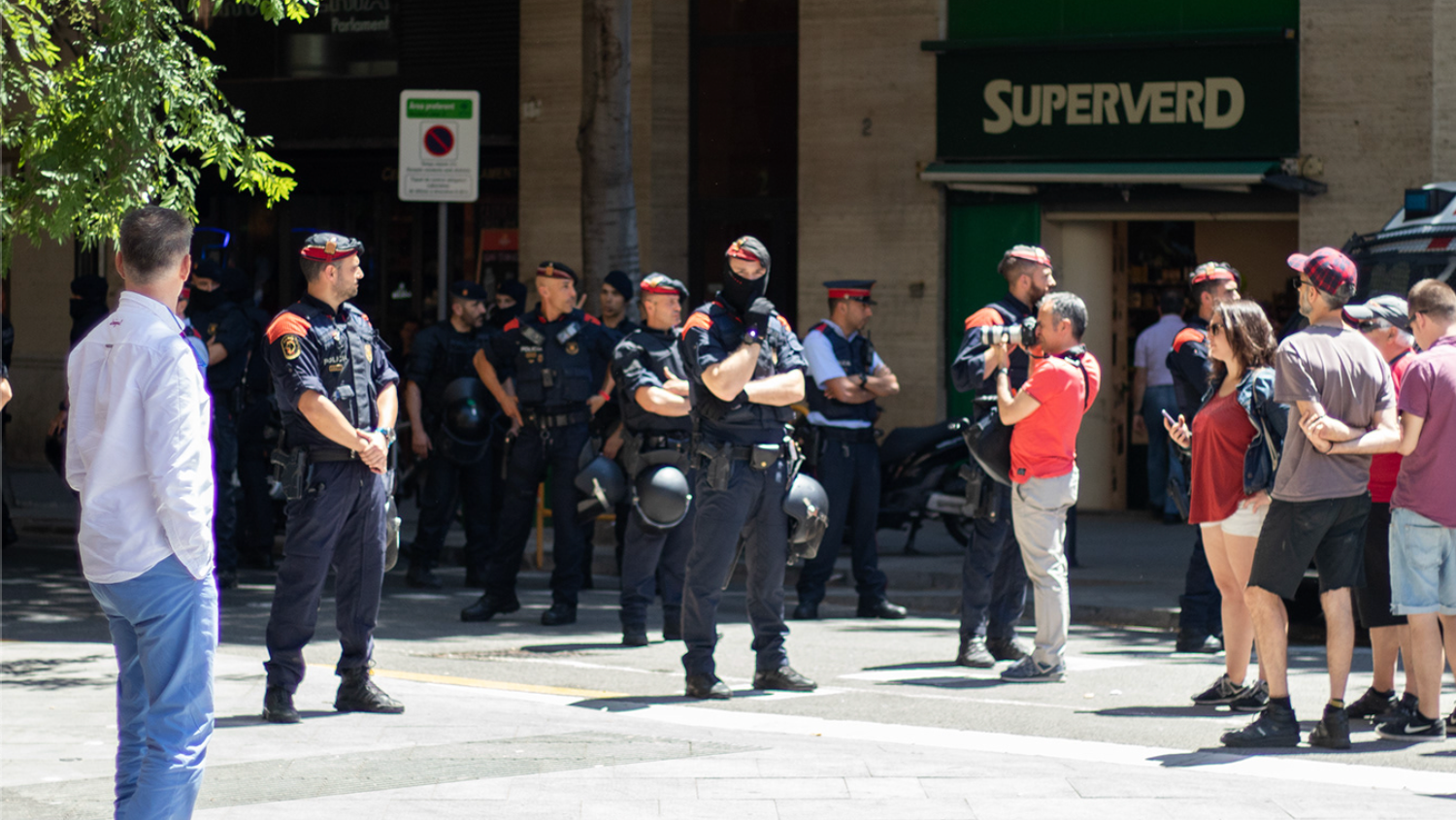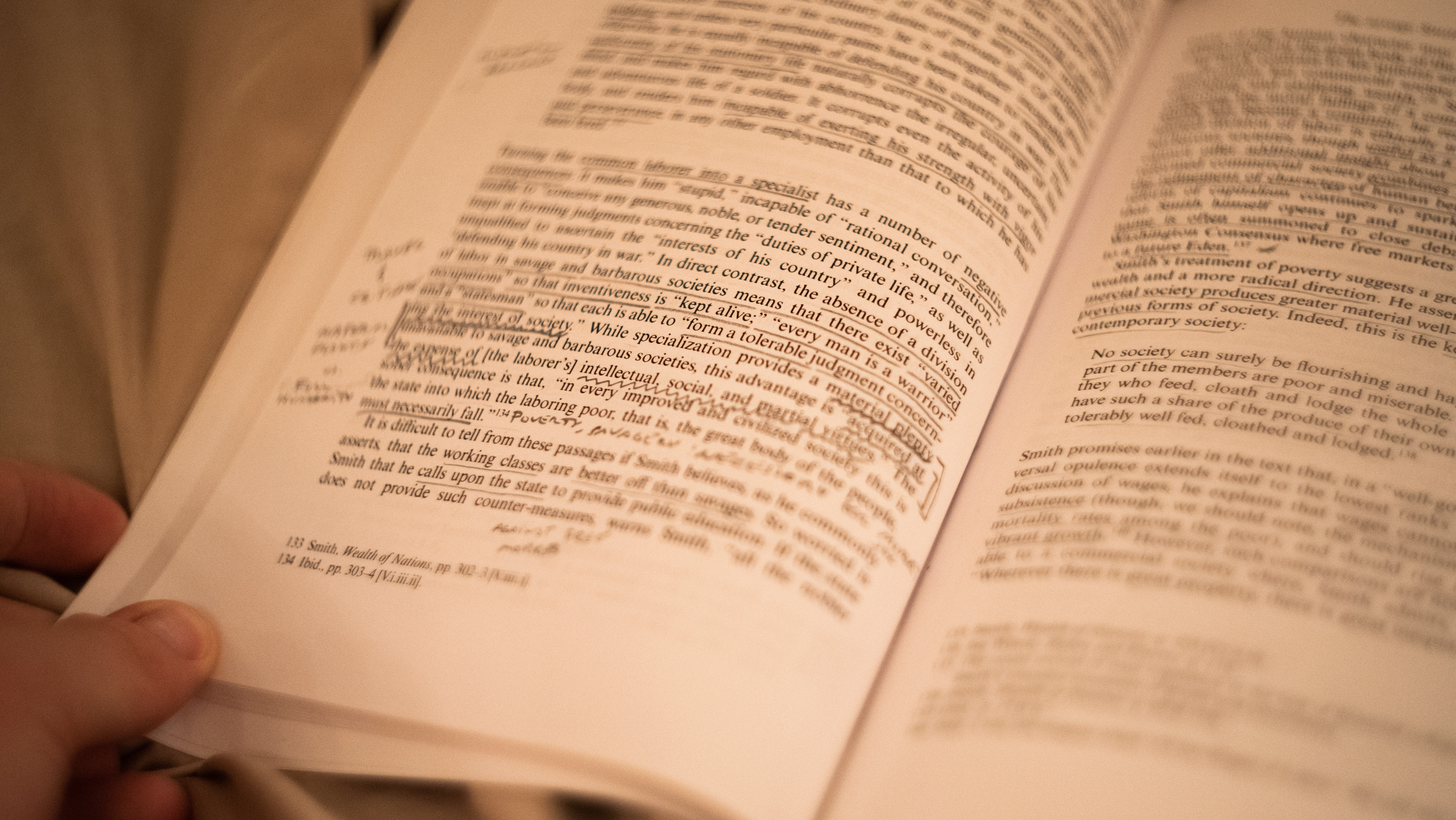Written 14 May 2021 in response to the renewed conflict that week.
Cover photo Mahmud Hams/AFP/Getty Images
Nationalism emerges in two distinct forms: nationalism as a means and nationalism as an end. Nationalism as a means appears in the face of oppression and dehumanization. When a group of people is devalued, hurt, in fear for their lives, coming together as a group and refusing to let this violence happen, refusing to let oppression and dehumanization continue. This is the nationalism of resistance; this is the stuff of revolutions. This is radical solidarity and community empowerment.
This nationalism is most often violent, as violence is always necessary when facing an oppressor who wants to see you dead. But violence does not function here as a means to revenge; rather it aims to counter and eventually overpower the violence of the oppressor. Such violence is rarely, if ever, avoidable.
This contrasts with nationalism as an end, where a group seeks to isolate themselves from change, to preserve their conditions, and prioritize themselves above the other peoples of the world. Right-wing nationalists in Europe and North America can only have this latter form of nationalism, as its very being negates any form of end in which people have an equal chance to seek self-determination. Its very being negates solidarity. Nationalism as an end only seeks to insulate a group from the changes of the world, from the gradual emergence of other voices calling for a reevaluation of who gets to make what decisions. It can only survive on the suppression of difference and the false belief in one's perfection.
Nationalism as a means instead focuses on justice, on the overcoming of oppression and on its eventual negation. The goal isn't for one group to join the global arena as an equal competitor, but rather that the conditions that force the world to act as an arena be negated and give the world to mankind in common. Nationalism as a means is temporary; its eventual goal is self-determination not just for a group protecting itself but rather for all groups. This does not mean erasing what makes us different. Rather, the aim must be accepting alterity and erasing the structural conditions that force people to give up who they are in the name of homogeneity.
Nationalism as a means instead focuses on justice, on the overcoming of oppression and on its eventual negation. The goal isn't for one group to join the global arena as an equal competitor, but rather that the conditions that force the world to act as an arena be negated and give the world to mankind in common. Nationalism as a means is temporary; its eventual goal is self-determination not just for a group protecting itself but rather for all groups. This does not mean erasing what makes us different. Rather, the aim must be accepting alterity and erasing the structural conditions that force people to give up who they are in the name of homogeneity.
Yet, it is very easy for one nationalism to morph into the other. It is easy for a group, now liberated – now, for the first time, free – to look to the rest of the world with disdain and an urge to make the oppressors suffer what the oppressed have. This is only fair, isn't it? The problem here lies that it doesn't negate oppression. Instead, it positions one nationalism (that of the liberated) against that of their former oppressors. In the end, one group triumphs, and one group suffers. The liberated group might, worse, fully internalize the system of oppression they faced, replicating and advancing it onto their fellow oppressed peoples. What begins as solidarity ends as a simple copy of the oppressor's cruelty.
Having begun with all of that somewhat abstract prose, let us transition to a very real example: The nationalism of the Jewish people and that of Israel.
It is not to be deemphasized in any way how much the Jews have suffered. In the past centuries – or perhaps millennia – they have faced constant violence, vilification, and dehumanization. The Jews have been faced with one of the greatest genocides in human history and have continued to face hate crimes and violence to this very day.
The response of many Jews has been radical solidarity, as we have seen in the streets of New York City in the 1950s and 60s, where Jewish communities worked side by side to prevent violence and hold the police accountable. We saw the same thing in the European cities of Berlin, Budapest, Czernowitz, or Prague, where Jews and Roma shared information, hid each other, and jointly fought and died for each other's right to live. These are all evidence of nationalism as a means, not simply to Jewish liberation, but to the negation of oppression faced by all peoples.
The response of many Jews has been radical solidarity, as we have seen in the streets of New York City in the 1950s and 60s, where Jewish communities worked side by side to prevent violence and hold the police accountable. We saw the same thing in the European cities of Berlin, Budapest, Czernowitz, or Prague, where Jews and Roma shared information, hid each other, and jointly fought and died for each other's right to live. These are all evidence of nationalism as a means, not simply to Jewish liberation, but to the negation of oppression faced by all peoples.
In contrast, Israel's very foundation had to be predicated on nationalism as an end, both literally but also more abstractly. A far cry from the more lofty aspiration of Zionist socialists of the early 20th century, Israel found more in common with the empires of Europe, which had persecuted the Jews than anything else. A population that had endured pogroms and the Holocaust, a population that had lost its homes, seen the death of countless family members, seen starvation and extermination, was finally given a glimmer of hope following the end of the Second World War. Nationalism as a radical act of solidarity organized what remained of the European Jewry, bringing them onto boats bound for mandate Palestine. The idea championed by early zionists of a new state, unlike any other in its radical difference, its embrace of solidarity did not last very long. Modern Zionism and its flag soon came to represent this second, rigid nationalism.
This land, rich in history and significance for dozens of different groups, was painted by the powers of Europe as empty and degenerated, mainly as a way for the combined power of France and England to rip the land of the savages who knew not what to do with this hallowed land. Settling the Jews in Palestine, under a small degree of generous administration on the part of Britain, France, the United States, and initially (as is sometimes forgotten) the Soviet Union, would provide a clever solution to the Jewish question which these states had avoided asking. Jewish settlers fleeing destruction and devastation in Europe came to overwhelm the colonial authorities, coming in and beginning to work in farms, buy up land with the bit of savings they had, and in many cases simply laying claim to it (This is, of course, a pattern now referred to as settler colonialism).
This "liberation" and "empowerment" of the Jewish refugees had only one problem: the fact that the land, as it had been for hundreds of years before, was still inhabited by a diverse continuum of Arab, Druze, and other groups of diverse faiths, ways of life, and social tendency. Here the righteous anger of the soon-to-be Israeli Jews found its target. These Jews freed themselves of European domination, but only to become what the Europeans had been to them for centuries: dominators and colonizers. If Jewish solidarity began as a conscious effort to do away with European oppression, it morphed into something that did not aim to end the structural conditions in Europe that lead to death and forced starvation; rather, it lay claim to them. Empowerment in replication, internalization of oppressive structures rather than their negation.
Israel and the supremacy of the Jews it called its citizens became an end to itself. Gone was the radical solidarity that had defined Jewish activism mere decades before. Gone was the idea of calling into question the colonialist and imperialist ideology of European states. Israel owned and embodied but a new form of empire, defined by a new flag and a new state religion. Villages were cleared of locals, and their property was seized. People were pushed out of the territory, resulting in an immense refugee crisis.
Antisemitism is not gone. It persists and is unfortunately conflated with criticism of Israel both by Zionists and antisemites. Some find it difficult to criticize Israel because of its horrendous actions and instead see the problem with Israel as resulting from its Jewishness. Jews from France and the United States to Iraq and Russia are targeted under the name of anti-Zionism, with the paradoxical effect of turning many of this violence's victims into more vigorous supporters of Israel. I feel the need to mention that a good portion of the Jewish community (myself included) does not support and is not represented by Israel, regardless of what both Israeli officials and genuine antisemites say.
The problem with Israel remains that it is nationalism as an end, nationalism that seeks to isolate, reject difference, and empower only oneself rather than to work towards the rejection of all power systems.
Israel finds itself engaged in yet another conflict aiming to subjugate the Palestinians who have called this land home for many centuries. The burning of mosques and the clearing of houses Israel now employs invoke eerie parallels with the actions of Nazi Germany or Tsarist Russia targeting the Jews. Yes, we can superficially understand this as hypocrisy, but we can also go deeper and understand it as the same thing replicated, internalized by those who most suffered by it.
We are here presented with an alternative, however. Jews, who have suffered so much, could, rather than replicate, denounce all forms of genocide, of dehumanization, of imperialism. As some of its greatest victims, they could employ radical solidarity, not only condemning but taking direct action against genocide and oppression, whether on the streets of Baltimore, the west of Myanmar, or the suffocated blocks of Gaza. The Jews are in what is perhaps a unique position to take action, and as the motto goes, we have aimed never to forget. The best way to honor what has been lost is to make sure no one is ever forced to endure what the Jews have. Jewish nationalism does not need to have more oppression and more violence as its end. The only Jewish nationalism the Jewish community can accept and put forward is that which makes itself unnecessary, which entirely eliminates the conditions that have caused suffering, both for Jews and for countless other peoples. We cannot allow those who have taken the stories of those killed and used them to justify more murder and destruction to continue.
We need a solidary nationalism, one that seeks to elevate all, not one. We need action for all, not just for one people. There is no other way to guarantee ourselves as much as others a means to freedom and livelihood. The only alternative path is constant war and violence replicated ad infinitum through competing and revolving nationalisms. We can do better than that.



